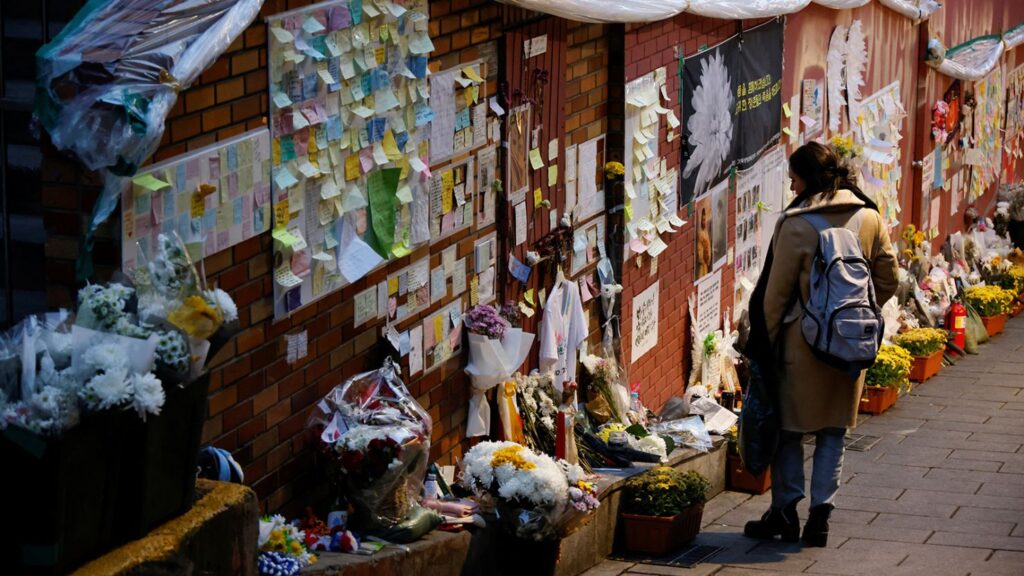South Korea’s president has directed the formation of a new investigative team made up of police and prosecutors to re-examine the tragic Halloween crowd crush that claimed 159 lives in 2022, many of them young people. The decision comes in the wake of renewed discussions with families of victims from several recent disasters, including the fatal incident in the Itaewon district of Seoul.
The president, who assumed office in June, has emphasized his administration’s commitment to strengthening public safety and ensuring such events are never repeated. As part of this promise, the newly established team will operate in tandem with a special commission formed last year to investigate the tragedy. This dual-track approach is aimed at uncovering any remaining gaps in the previous inquiry and bringing greater clarity to the causes and accountability behind the disaster.
In a meeting with grieving families, emotional exchanges underscored the unresolved pain many continue to endure. The families expressed frustration that vital police records and data related to the government’s response to the incident had not been shared with the original commission. One family representative stated that this lack of transparency had impeded the truth-seeking process and deepened public distrust in the investigation.
The president offered a formal apology during the meeting, acknowledging the state’s failure to protect its citizens. He bowed deeply before the families, expressing regret over the lives lost and pledging a more thorough pursuit of justice. His remarks, delivered as several family members cried, underscored the emotional weight of the tragedy and the urgent need for healing and resolution.
The Halloween crush in Seoul’s nightlife district remains one of the country’s most devastating peacetime disasters. With thousands packed into narrow alleyways, the situation spiraled into chaos, and the lack of crowd control or timely emergency response has been widely condemned. Many have pointed to systemic negligence, poor planning, and a slow reaction by emergency services as key contributors to the high death toll.
Calls for accountability grew louder in the aftermath, with citizens demanding reforms in disaster response mechanisms and stricter oversight of public safety measures. Although some investigations and disciplinary actions took place following the incident, many felt that justice had not been fully served, prompting continued advocacy from victim families and civil society groups.
The new administration has vowed to make transparency and responsiveness a cornerstone of its governance approach. With the new investigation underway, there is renewed hope among families and the public that unanswered questions will finally be addressed and that those responsible for lapses will face consequences.
This latest move signals a broader shift toward restoring public trust in government institutions and reaffirming the value of human life and safety in national policy. The outcome of the investigation is expected to play a key role in shaping the country’s future approach to emergency preparedness and public accountability.

